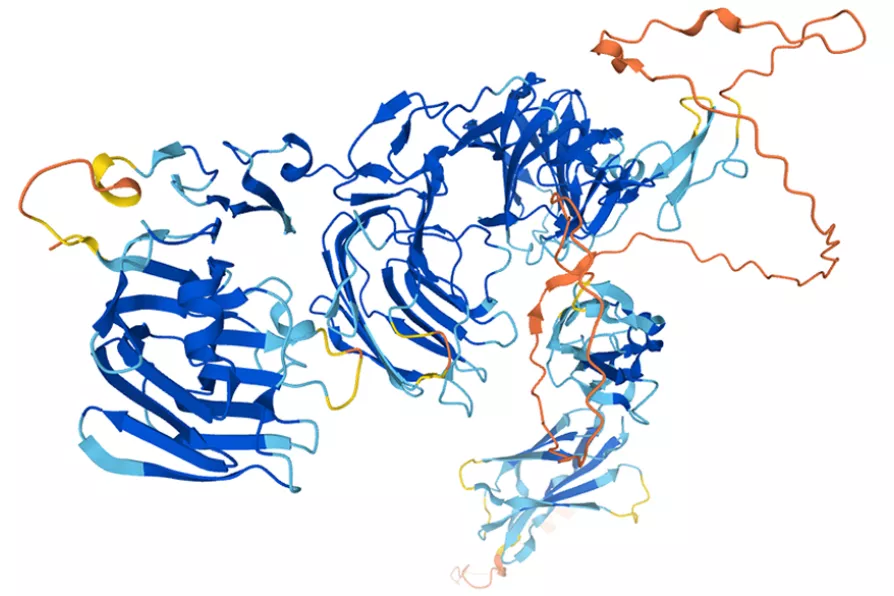As tens of thousands return to the streets for the first national Palestine march of 2026, this movement refuses to be sidelined or silenced, says PETER LEARY

 The third structure of the protein called Pikachurin predicted by the program AlphaFold, July 1 2021
[AlphaFold]
The third structure of the protein called Pikachurin predicted by the program AlphaFold, July 1 2021
[AlphaFold]
EARLY in Oppenheimer, the protagonist, who led the US atomic bomb development programme during WWII, attempts half-heartedly to poison one of his supervisors by injecting an apple with poisonous chemicals.
As a science student in an experimental lab, he has easy access to these chemicals. As the film explores, these poisonous materials are not the most deadly things that Oppenheimer works with in his life. The Manhattan Project that Oppenheimer and many thousands of others worked on in strict secrecy culminated in the first atomic weapons: two bombs that killed at least 130,000 people in Hiroshima and Nagasaki.
The rationale behind the secrecy was obvious. They were designing the deadliest bomb anyone had ever seen, and trying to do so before the Nazis. Since then, there have been no further uses of atomic bombs in war, although how to build an atomic weapon is no longer secret.

Olive oil remains a vital foundation of food, agriculture and society, storing power in the bonds of solidarity. Though Palestinians are under attack, they continue to press forward write ROX MIDDLETON, LIAM SHAW and MIRIAM GAUNTLETT

A maverick’s self-inflicted snake bites could unlock breakthrough treatments – but they also reveal deeper tensions between noble scientific curiosity and cold corporate callousness, write ROX MIDDLETON, LIAM SHAW and MIRIAM GAUNTLETT












